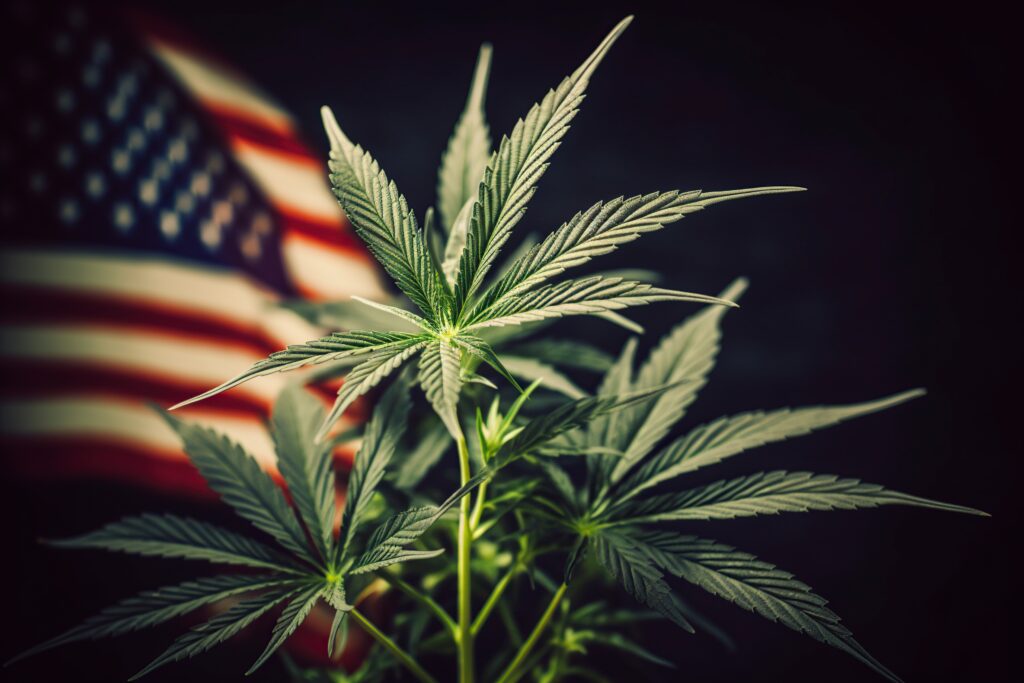
The U.S. government is considering a proposal to reclassify marijuana, potentially easing its use restrictions, notably for medical purposes. What are potential implications from this change, should it be accepted and passed by the Biden administration? Learn more about this recent proposed change in marijuana law.
Marijuana will remain a controlled substance
Currently marijuana is a Schedule 1 controlled substance, which means it is not currently accepted for medical use and has a high potential for abuse. Other Schedule I controlled substances include heroin and LSD.
The justice department has recommended that marijuana be reclassified as a Schedule III controlled substance, a classification for substances or chemicals “with a moderate to low potential for physical and psychological dependence.” Other examples of Schedule III drugs are products containing less than 90 milligrams of codeine per dosage unit (Tylenol with codeine), ketamine, anabolic steroids, and testosterone.
Regardless, marijuana will still be regulated under government control. Even if marijuana achieves this new classification, this has no effect on a federal legalization of recreational marijuana or on state laws relating to marijuana.
How will this impact PA residents, physicians, and businesses?
The move to Schedule III does signal how the federal government views the use of marijuana for medical purposes. In essence, it implies acknowledgment that the drug does have some medical benefits. Researchers are hopeful it would increase access to study marijuana’s long-term health effects, but expect it will take a while to see restrictions lifted.
Unimpacted by a change to Schedule III, Pennsylvania’s medical marijuana law permits patients with qualifying conditions to access cannabis for designated medical conditions. After being certified by a registered physician and obtaining a medical marijuana card, patients can purchase marijuana products from licensed dispensaries across the state. The law outlines specific regulations regarding possession limits and permissible forms of cannabis. Specifically, it prohibits smoking marijuana for medical purposes while allowing consumption through alternative methods such as vaping, oils, pills, and topical applications. Physicians should continue to follow state regulated programs, and prescriptions are still required for use.
As of now, the reclassification remains pending with the federal government and is not yet final. Also, recreational marijuana is still illegal in PA, but Governor Shapiro’s annual budget address expressed the benefits of tax revenue on the substance. Those who have been criminally charged for illegal use of marijuana will not be impacted by the reclassification.
Support for evolving marijuana law implications
FLB attorneys have represented growers and dispensers of medical cannabis in licensing matters, financing matters, and as general counsel. We have also represented physicians designated to assist with issuing medical marijuana cards.
If you have questions about the possible federal marijuana legislation concerning your healthcare practice or cannabis business, please contact us.









